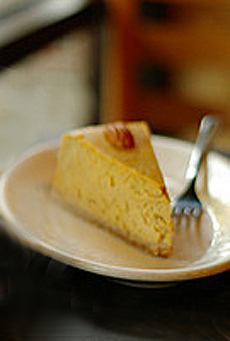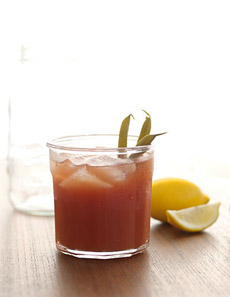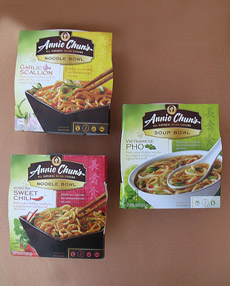
In Morocco, father and son share a glass
of mint tea. THE DVD provides a beautiful
tea experience, available in DVD with
a companion book. |
|
Tea lovers can enjoy a profound and breathtaking journey through the world of tea with Scott Chamberlin Hoyt’s film on DVD, The Meaning of Tea. A wonderful gift for anyone who wants to see first-hand exquisite tea plantations, how tea leaves are hand-plucked from the plant and turned into the beverage we drink, the DVD, $24.95, can be enjoyed and shared over and over again.
The film takes you through China, India, Japan and Taiwan. It also talks to tea-drinkers in far-away Morocco, England, France, Ireland and even Tea, South Dakota, who enjoy the tea that comes from half a world away. Unveiling tea’s mysteries, the film contrasts ancient rituals and bonds, such as that expressed by a tea planter who would “dishonor his ancestors” if he could not continue growing tea. Then, there are the youth to whom the cultural heritage is unimportant, expressed by Taiwanese teens who disparage their grandmothers’ tea-drinking but enjoy spitting the tapioca balls in bubble tea at each other, and young adult Japanese who prefer coffee because “it’s Western and cool.” |
| The hanging question is the future of tea, still the second-widest-drunk beverage in the world thanks to its ingrained presence in the high-population countries of China and India. But as fast food and soft drinks enter those cultures, the influence on younger generations has already had its impact. There is continually growing disinterest towards a long-renowned and honored refreshment whose place and rituals are now largely ignored.
Contrasted against this sea change are the seriousness of purpose of people who have spent their lives working in the tea industry and consumer tea lovers. Two middle-aged brothers who sell Pashmina scarves in India remonstrate that they could survive without anything on a desert island including water, but not without tea. A Moroccan man describes the ritual and pleasure of searching in the market for the perfect bunch of fresh mint with which to make his tea, and the satisfaction of brewing the perfect pot of tea with it.
Experiencing the bonds that so many people have to tea is an emotional and cultural ride we’d like to take again. This handsomely-shot, wonderfully-edited 74-minute DVD includes 45 minutes of special features. There’s a companion book with 150 photos that explores tea through the words of tea growers, tasters, entrepreneurs, shopkeepers, scholars and experts from eight countries. Get the DVD and invite friends over for tea. It will be a memorable experience!
- For more information or to purchase, visit TheMeaningOfTea.com, telephone 1.212.691.8899 or email info@teadragonfilms.com.
|





